India's EV roadmap post COVID-19
‘Within five years, India will become the number one manufacturing hub for electric buses, cars & scooters,’ said Shri Nitin Gadkari, Hon’ble Minister for Road Transport and Highways & MSME, in a webinar on the EV Roadmap post-COVID-19.
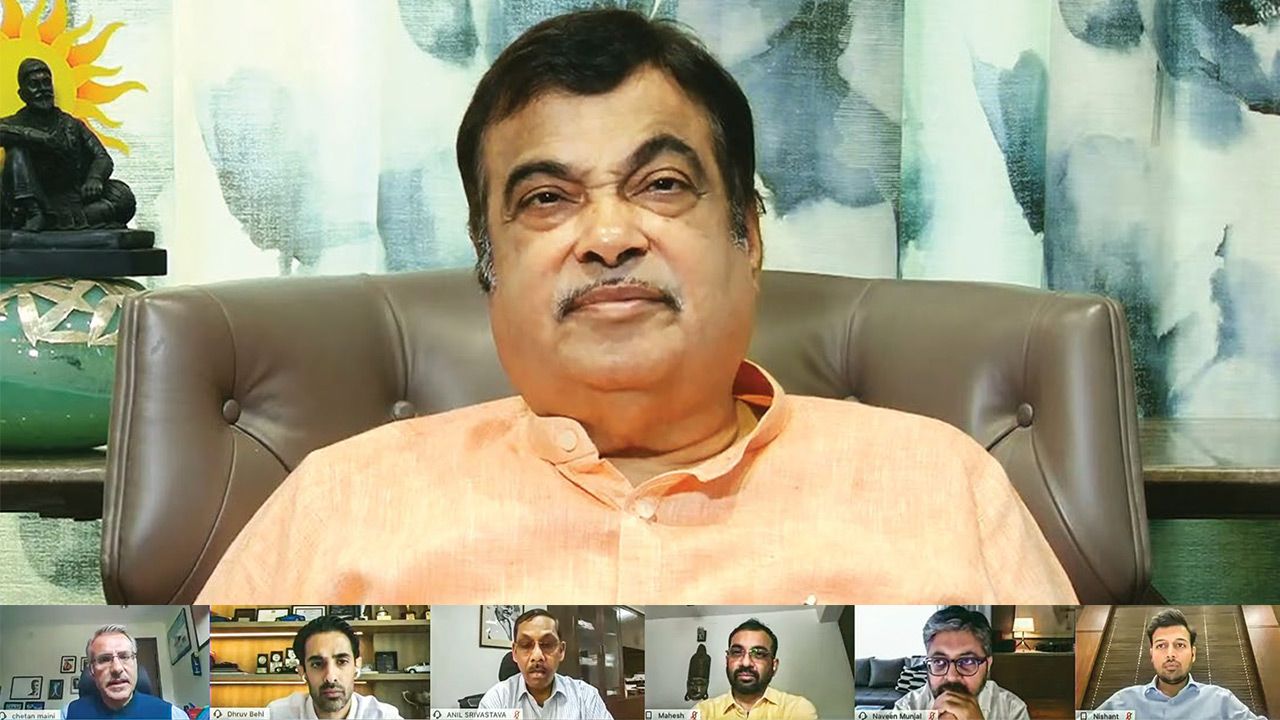
‘Within five years, India will become the number one manufacturing hub for electric buses, cars & scooters,’ said Shri Nitin Gadkari, Hon’ble Minister for Road Transport and Highways & MSME, in a webinar on the EV Roadmap post-COVID-19.
To address India’s EV roadmap post-COVID-19, Shri Nitin Gadkari, Hon’ble Minister for Road Transport, Highways & MSME, was Chief Guest, while the panellists included Shri Anil Srivastava, IAS, Principal Consultant and Mission Director, Niti Aayog, Chetan Maini, Co-founder & Vice Chairman, Sun Mobility, Naveen Munjal, Managing Director, Hero Electric, Mahesh Babu, MD & CEO, Mahindra Electric Mobility, and Nishant Arya, ED, JBM Group.
The webinar was moderated by Dhruv Behl, Editor, autoX, and organised by the ITPO & Exhibitions India Group as part of the Smart Cities India Expo – Asia’s largest trade fair and conference on the subject.
The Minister emphasised that India must become an EV manufacturing hub in the next five years, while also becoming completely self-reliant, in line with the Prime Minister’s Aatma Nirbhar Bharat mission. The industry experts, meanwhile, highlighted the need for the government to be technology agnostic.
Watch the full webinar on our YouTube channel for the range of opinions, opportunities and challenges on the road to this paradigm shift taking place in the automotive industry today, and read on for the highlights.
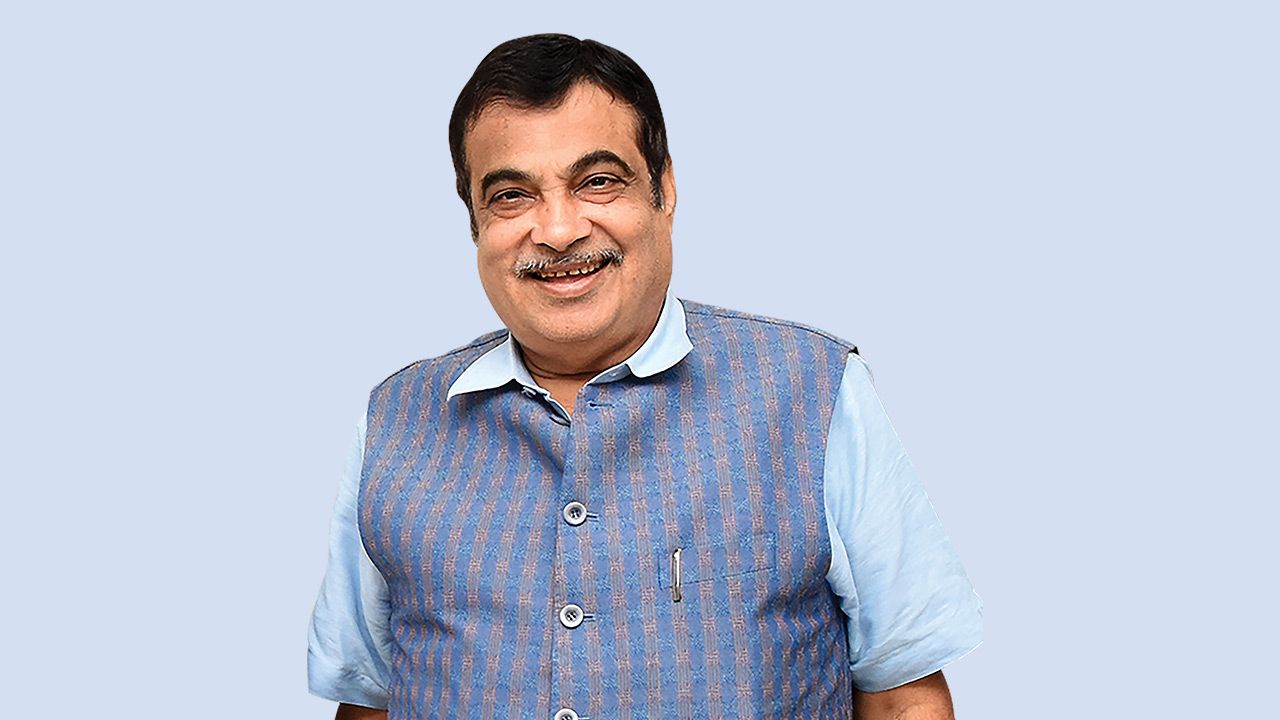
Huge potential
Shri Nitin Gadkari, Hon’ble Minister for Road Transport and Highways & MSME
‘I’m confident that, within five years, India will become the number one manufacturing hub for electric buses, electric cars and electric scooters. The way in which we are progressing we have huge potential. It’s also a blessing in disguise that, in the whole world, no country wants to deal with China now. So, there is huge potential for export, particularly in a country where crude oil is not available. And, from a pollution point of view also, this is equally important.
We should not depend on China now. We need to take the initiative. Presently, Chinese prices are attractive, and you get a good profit by importing the parts. But, in the long term, it’s time for us to start doing everything in India. Without that, we don’t have a good future. At the start, the Chinese charge a reasonable price, but when volumes go up they charge more. So self-dependence is the key to success in this industry, and that’s the dream of the Prime Minister – an Aatma Nirbhar Bharat.
In keeping with the Aatma Nirbhar Bharat mission, it’s time for Indian scientists, start-ups, innovators and manufacturers to find Indian solutions for everything. We should not be dependent on anybody. If there’s any other scheme that can be helpful for self-dependence, we will support it.
If there are any concessions that you can get from income tax for research, we can move such a proposal. Every manufacturer should start their own research institute. Technology is the key to success. On the basis of technology, we will create a good market for exports. In the government process, this is a difficult task, but the private sector can find a way out. People who invest in technology for the future will surely benefit.
My only advice to you is that we need consistency. Self-confidence is very important in this economic crisis, which has been caused by COVID-19. I’m confident that the industry is fully capable, and the government is supporting you 100%. If you face any problems, we will definitely find a way out and will help you.
Regarding buses, I feel that London Transport has created the correct experiment, wherein private companies can be involved in public transport by investing in electric buses. This is a win-win situation, and from a pollution point of view, it’s in the national interest.
I feel the future of the industry is very bright. With Niti Aayog, we can formulate a group in the Ministry and whatever the problems that you are facing at the grassroots level, we will try and find a way out.’
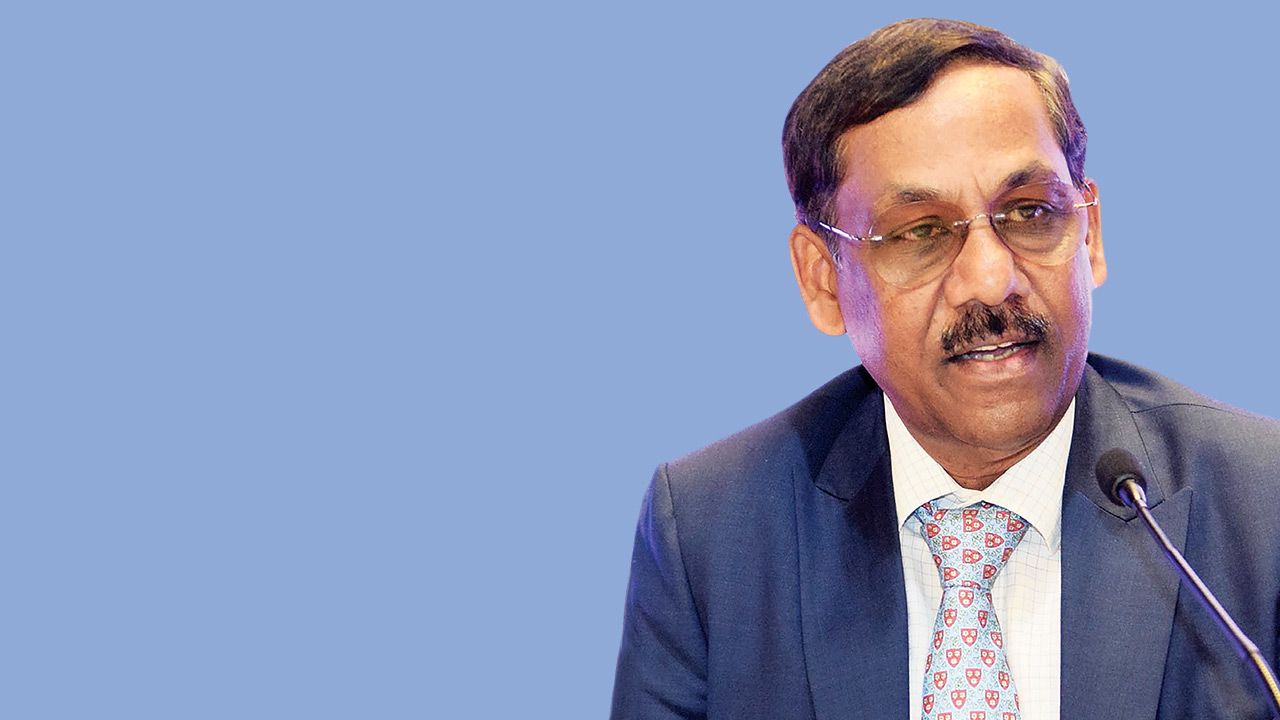
Quick decision making
Shri Anil Srivastava, IAS Principal Consultant and Mission Director, Niti Aayog
‘It was good that the Minister’s attention has been drawn to so many factors. As he mentioned, he will be forming a working group that will take forward the issues that have been raised here. So, with his patronage, I’m sure we’ll move forward.
The issue raised by Mahesh, in regards to the duty structure on components, this is something that we are working on. And GST on the services of these products, which was raised by Chetan, is also an issue that needs to be addressed. At Niti Aayog, we were already aware of the issues raised to the Minister, so we are working on it. And I must say that a number of stakeholder friendly decisions have been taken in the EV space over the last two-year’s time, and we have moved very fast when compared with other industries. But, of course, we need to move even faster and have quick decision making.
We have to work towards reducing imports, and focus on local value-adds when we determine the long-term roadmap for EVs. Most recent reports indicate that the relative impact of the pandemic on EVs will be less, and there will be growth in this sector.’

Technology Agnostic
Chetan Maini Co-founder & Vice Chairman, Sun Mobility
‘Today, there are subsidies for two and three-wheelers, but if a customer wants to choose battery swapping, for example, he may not get the subsidy in the same way. So, it’s important that the policies, which come at the top level, become uniform. And, at the country level, we’re talking about electrification, but, at a state level, a lot of manufacturers are having a problem registering vehicles – so it’s important that we get states and cities involved so that we can help the solution providers who want to go electric.
The Minister also said they will put a small working group together. Can we hasten this, where there is a nodal agency to look at this because the challenge of the EV industry has always been that it’s been with everyone but with no one – so it doesn’t get the focus that it needs.’
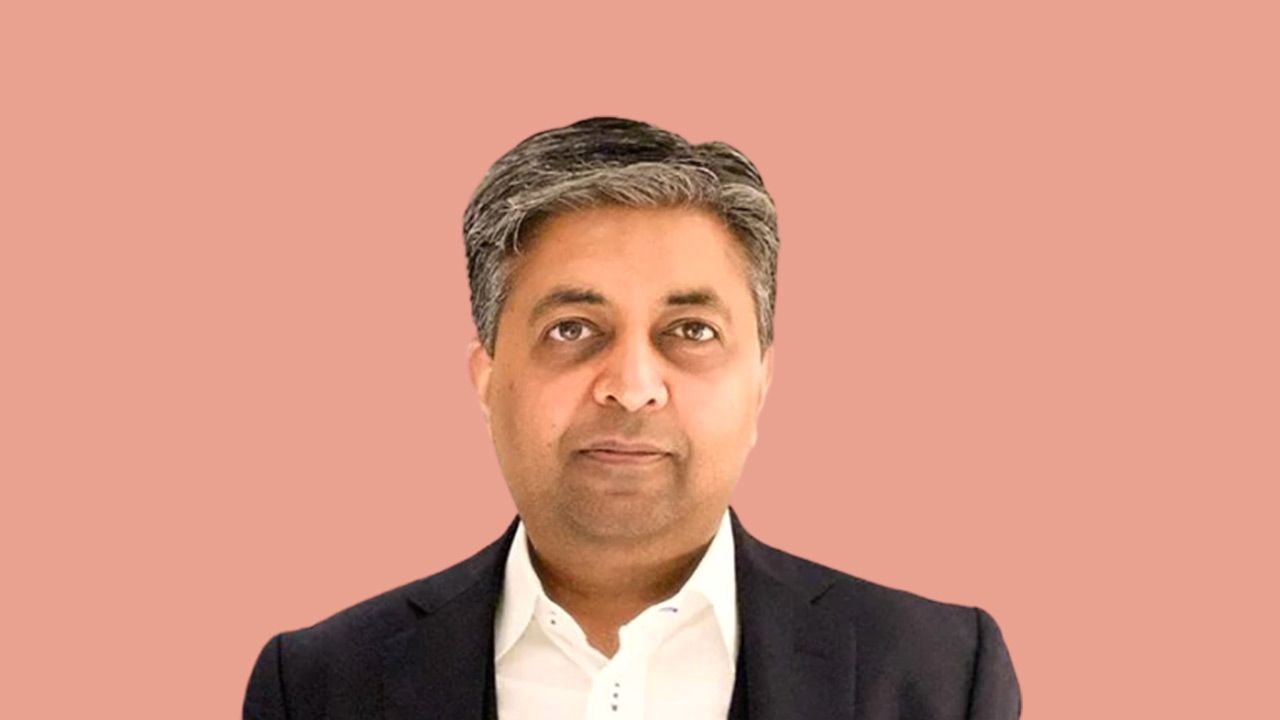
One size doesn’t fit all
Naveen Munjal Managing Director, Hero Electric
‘One classic mistake that everyone makes is that, when they look at electric vehicles, they put EVs into one single category – which it’s not! The needs and requirements for electric two-wheelers, versus three-wheelers, versus cars, versus commercial vehicles are all very, very different. They all have a different battery and infrastructural requirements. In India, the two-wheelers are the low hanging fruit, because this is where parity has already been achieved.
The price of the batteries has come down substantially, by about 85% in the past 10 years and this is expected to go down even further. So, localisation is key, but that’s a long-term factor because it does take localisation time to happen. While the push is there from the government, some kind of course correction is required.’

Clear roadmap needed
Nishant Arya, ED, JBM Group
‘A clear long-term roadmap from the government that points out what they intend to do, which doesn’t change every day, is required – because when you’re investing today, you need at least three-to-five years of clarity on that front.
Also, skilling is very important. Companies are not being able to find people for engineering, R&D, after-sales, and many such areas, because it’s a totally new domain. So, government support and involvement for institutionalising systems and processes with the private sector would become instrumental.’
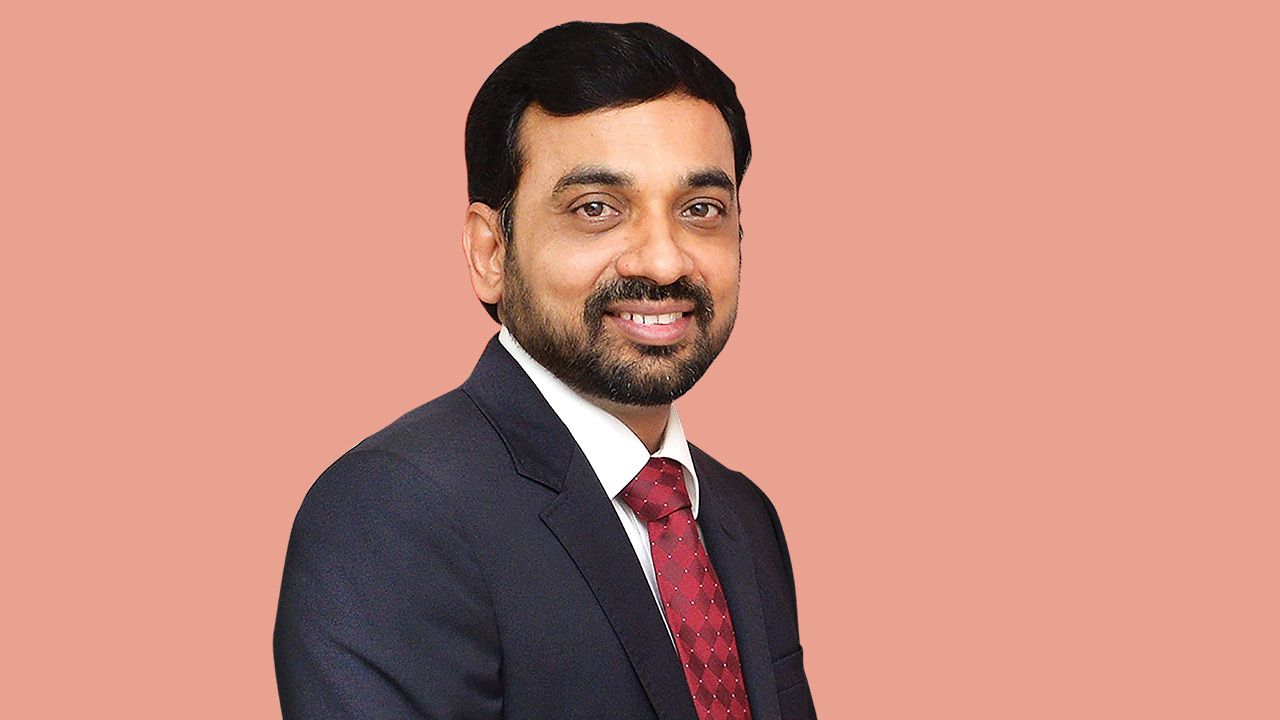
Inverted duty structure
Mahesh Babu, MD & CEO, Mahindra Electric Mobility
‘There are a lot of inverted duty structures on imports. For example, if I import a motor controller, the duty is 0%, but if I buy the raw material for motor controllers, it’s charged at 10-12% duty. So, because of this, the manufacturing outcome of Make in India has some challenges. If we have a higher duty on raw materials, we won’t be able to make the investment for Make in India.’
Read more:
The auto industry, it turns out, is a responsible corporate citizen
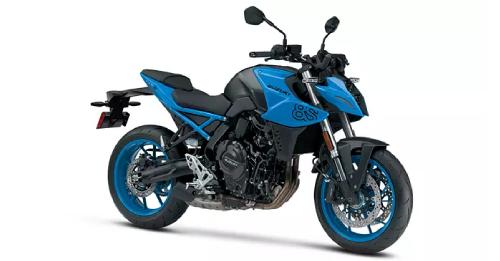
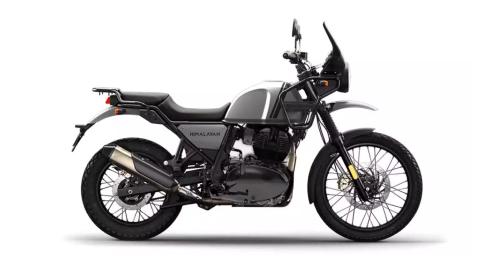
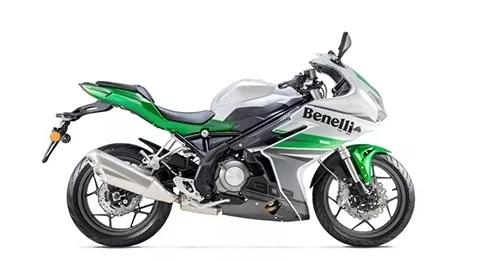
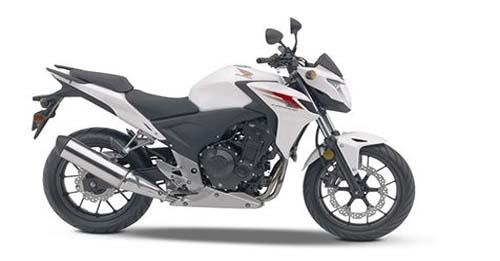
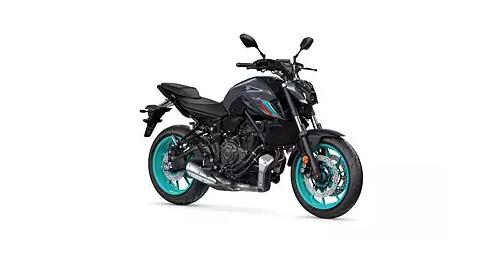
-(1).webp)
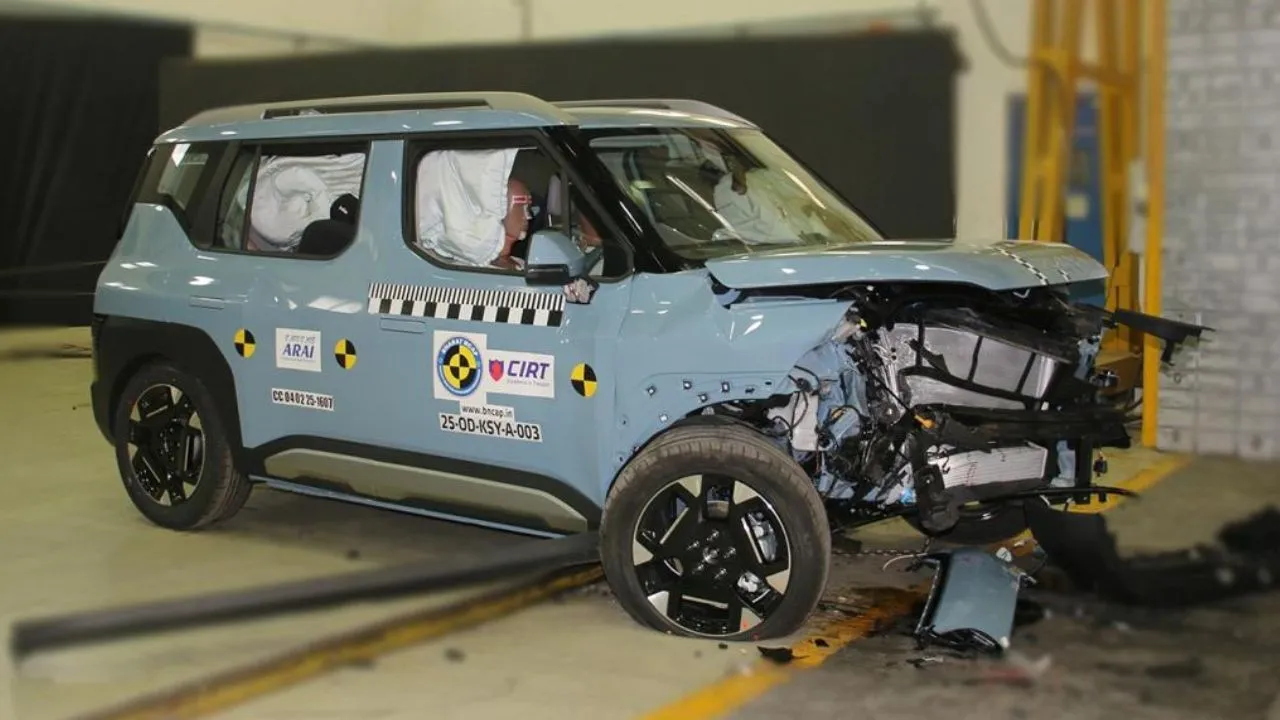
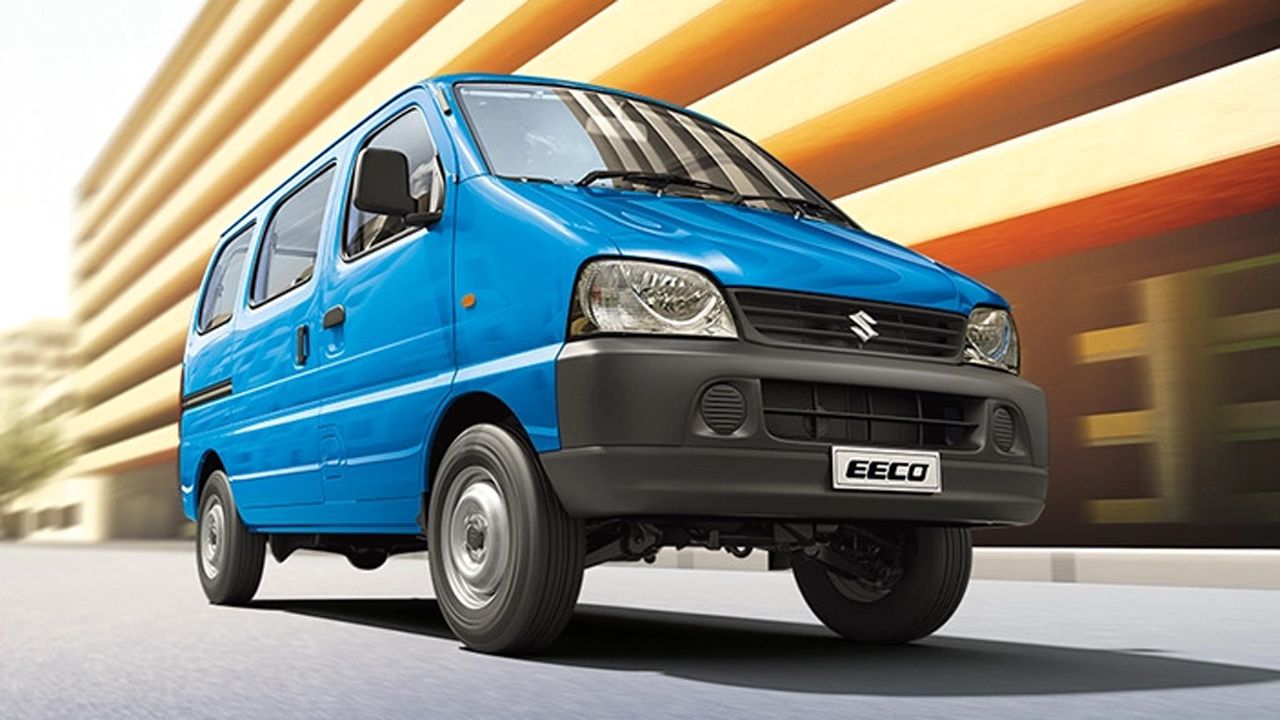
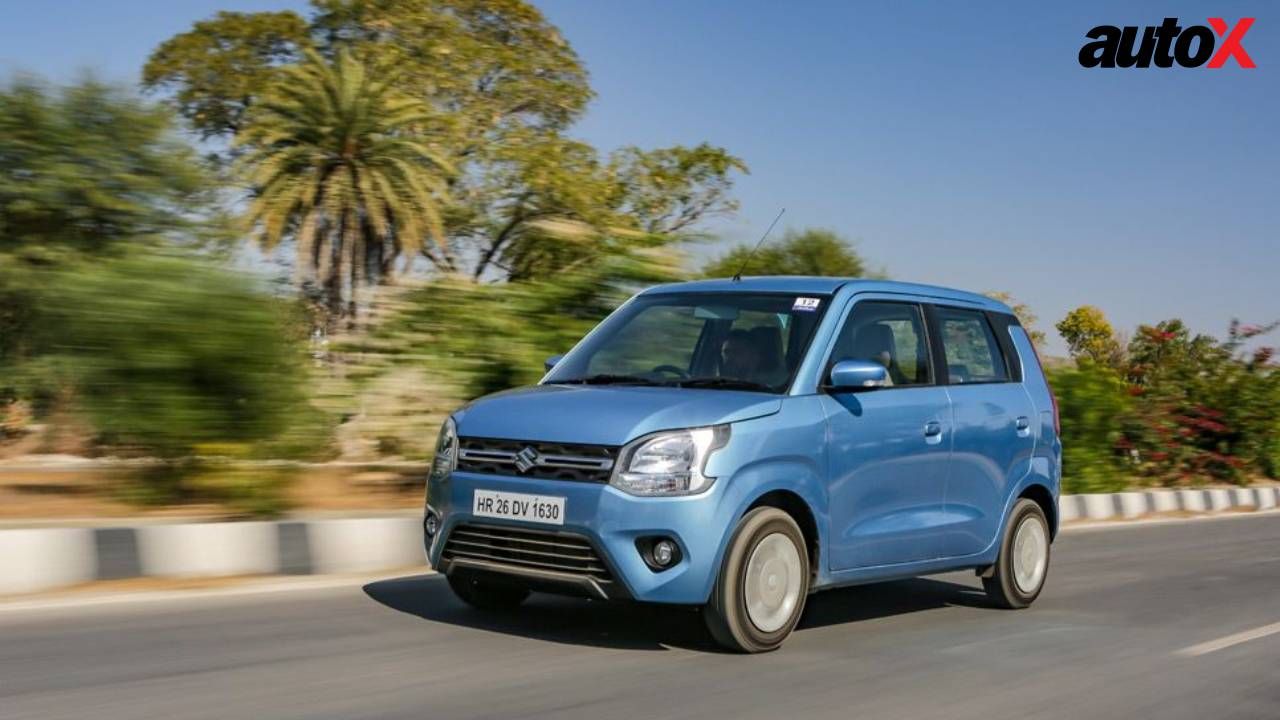
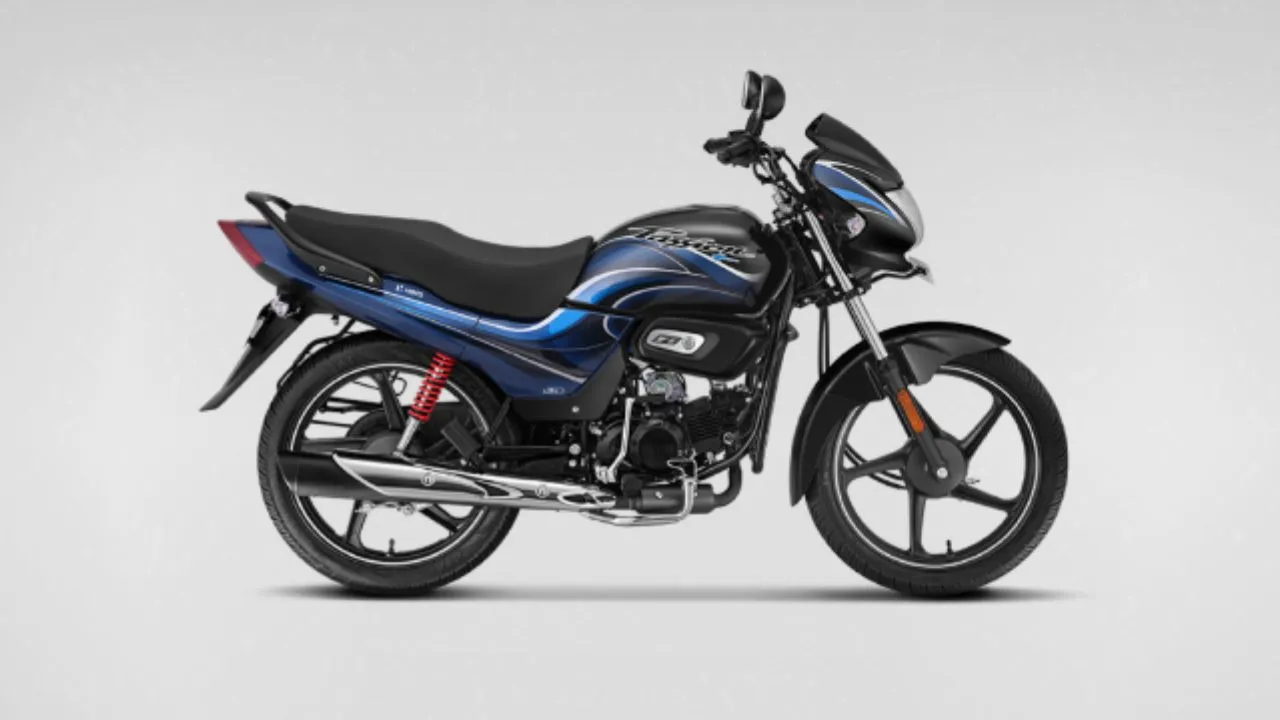




Write your Comment on